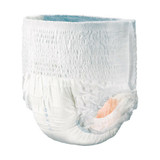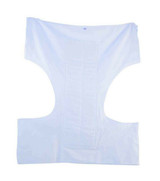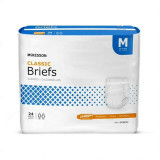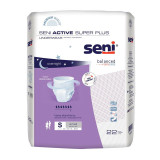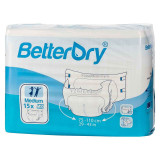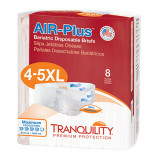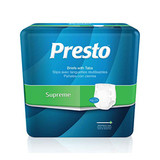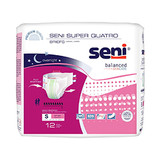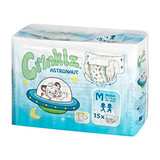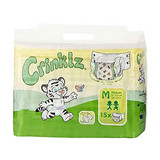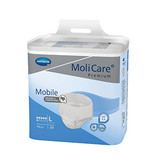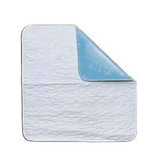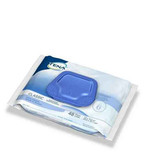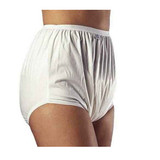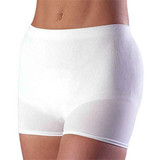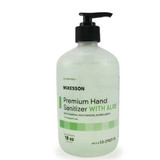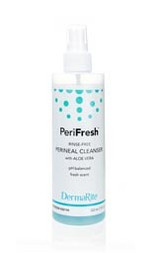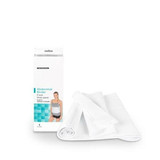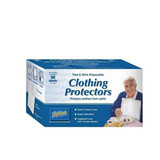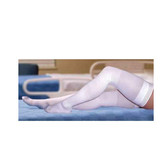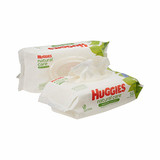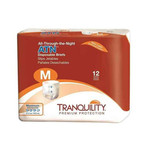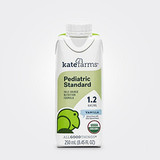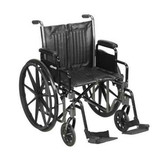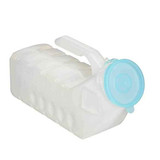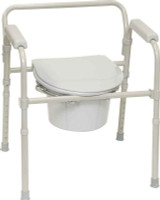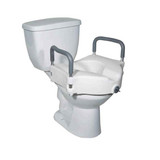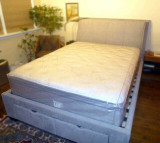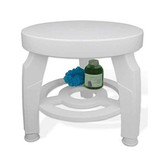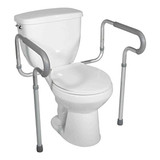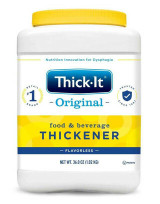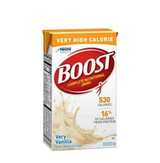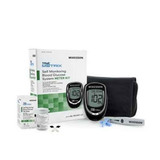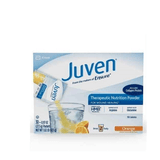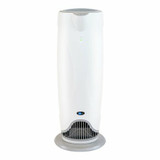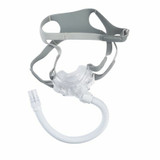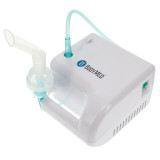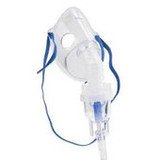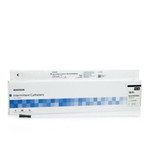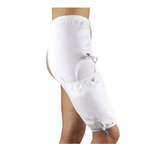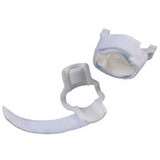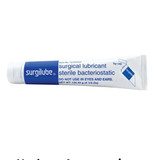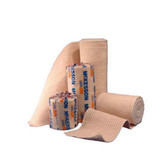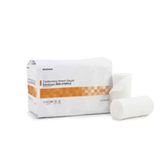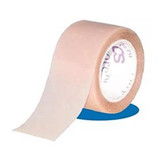
Why You Should Use a Plastic Mattress Cover
Today, we discuss the benefits of a plastic mattress cover or protector. In raising this subject, the last thing we would expect to think about is mattress waste. Yet, there’s a definite connection. Mattress waste is a major environmental problem. According to a report published in The Guardian in 2020, more than 18 million mattresses are thrown out annually in the US.
According to this Mattress Recycling Council report, 75% of a mattress is recyclable, yet most mattresses end up in landfills worldwide. Although recycling is gaining momentum, there is a long way to go. Another way would be to change consumer behavior and reduce the number of mattresses that are discarded. That’s a huge challenge because mattress manufacturers make it so easy and potentially inexpensive to swap out an old mattress.
If everyone committed to keeping a mattress as long as it is in good condition, millions of tons of landfill waste would be saved and, together with recycling, may even keep mattresses out of landfills entirely. So, apart from making a positive environmental impact, let’s look at the other benefits you can expect from a plastic mattress cover.
Extends the Life of the Mattress
The average human spends around a third of their life in bed. With today’s life expectancy, that would be around 230,000 hours. That’s a lot of hours to be uncomfortable, so people tend to buy the best quality mattress they can afford.
For most people, this is a sizeable investment they would want to protect. A plastic mattress cover provides a barrier that protects the overall condition of a mattress and makes it last longer. With some mattress manufacturers offering warranties of up to 20 years, this small additional investment in a plastic mattress cover can make a big difference.
Protects the Warranty
It’s a fact. Some manufacturers do actually offer 20-year warranties. And another thing, a good quality mattress will last that long, or even longer. However, if something goes wrong and you need to file a claim, any sign of neglect may well invalidate the warranty. A plastic mattress cover will eliminate that risk and protect you from unnecessary losses.
Protects against Allergens and Dust Mites
A plastic mattress cover is a protective barrier, preventing allergens such as dust mites, pollen, and pet dander from settling into the mattress. Dust mites are a common trigger for allergies and can cause symptoms like sneezing, itching, and congestion.
A study published in the Journal of Allergy and Clinical Immunology found that using allergen-impermeable covers reduced exposure to dust mite allergens by 90%. Plastic mattress covers are particularly beneficial for individuals with asthma, as they help create a cleaner sleeping environment by reducing exposure to asthma triggers.
Protects Against Water Damage
A plastic mattress cover provides a waterproof barrier, protecting the mattress from spills, stains, and accidents. We’re not just referring to bed-wetting or coffee spills here. The average person loses about half a liter of sweat each night, which can seep into the mattress and lead to unpleasant odors and stains. What’s more, constant moisture in the mattress can cause a buildup of bacteria and fungi.
Hygienic and Easy to clean
Plastic mattress covers are easy to clean and maintain, as they can be wiped down with a damp cloth or washed in the machine. The National Sleep Foundation suggests cleaning mattress covers every two to three months to maintain hygiene and prevent the accumulation of allergens.
Cleaning an unprotected mattress is no small task. You would probably need some type of upholstery detergent, a vacuum cleaner and space to leave the mattress while it dries. Alternatively, you could pay someone to do it for you. Either way, it’ll cost you money, and you’ll likely be without a mattress for a night or two.
Bed Bug Protection
Bed bugs are tiny insects that feed on human blood. It’s often quite difficult to spot the problem because they’re nocturnal, and many people would wake up thinking the bite marks are from mosquitoes or other flying insects. They also don’t bite every day. A bed bug feeds once every several days or even weeks.
A plastic mattress cover will reduce exposure to bed bugs significantly, although not eliminate it entirely. Being impermeable, a bed bug cannot get through the mattress cover, although it can still crawl across the surface. If, however, you do have bed bugs, they would be easier to spot against the plastic than on your bed linen.
Comfort and Convenience
A quality plastic mattress cover can provide an additional layer of insulation and temperature moderation. People may assume that a plastic cover will trap heat and sweat and cause severe discomfort. That’s not necessarily the case. Some modern plastics are breathable, allowing vapor to pass through and ensuring that you can sleep comfortably. During colder months, on the other hand, the mattress cover can help retain some body heat.
Another common concern is that the plastic layer is hard and rustles loudly when you move around. Fret not; modern plastic mattress covers are designed to be soft, comfortable, and noiseless, ensuring a pleasant sleeping experience. In addition, most plastic mattress covers are made from hypoallergenic materials that are gentle on the skin and do not cause discomfort or irritation.
Some mattress covers have an additional layer of fabric or foam built in. These are sometimes called mattress toppers. They serve the dual purpose of protecting the mattress from spills and providing extra comfort. They are usually used to increase or decrease the firmness of the mattress.
Whichever you prefer, they’re equally easy to install, requiring minimal effort and time. Most plastic mattress covers come with elasticized edges or zipper closures, allowing for a snug and secure fit on the mattress.
In Closing
When you finally have to change the mattress, you may find the cover no longer fits. That’s no problem at all. You can read this article to see how you can repurpose it and ensure that neither the old mattress nor the cover ends up in a landfill.
So, as you see, there is no reason not to use a plastic mattress cover. Whether it’s concern for the environment, incontinence or just to stretch the budget a little further, contact the team at LL Medico for the best advice on mattress covers and other bed and bath requirements. Call us at (855) 422-4556 or email [email protected].




